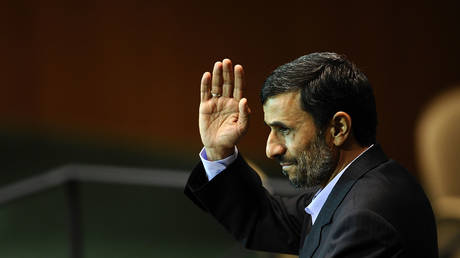
Subsidy investigation aims to help protect bloc’s industry from flood of cheap imports, Commissioner Margrethe Vestager has said
The European Union has launched a subsidy investigation into Chinese wind turbine companies, in an effort to shield domestic industry from competition posed by cheaper products.
Margrethe Vestager, the EU’s competition chief, said on Tuesday the probe would examine whether Chinese firms participating in wind parks across Europe may have benefited from state support from Beijing. The probe will look into conditions for the development of wind parks in Spain, Greece, France, Romania and Bulgaria.
Vestager’s announcement comes just days after the European Commission, the EU’s executive arm, opened a separate subsidies probe into two Chinese consortiums bidding for a solar-farm contract in Romania.
“We saw the playbook for how China came to dominate the solar panel industry,” Vestager stated during a speech in Princeton, New Jersey, citing “massive subsidies for domestic suppliers.”
“The result is that nowadays, less than 3% of the solar panels installed in the EU are produced in Europe,” she said, noting that China was deploying the same strategy across other areas of clean technology, including “exporting excess capacity to the rest of the world at low prices.”
“We can’t afford to see what happened on solar panels happening again on electric vehicles, wind or essential chips,” Vestager stated.
The wind-power investigation will be held under new EU powers, allowing the Commission to crack down on market-distorting subsidies from foreign governments in order to defend the bloc from unfair competition from abroad, including China.
In October, the Commission opened a probe into China’s subsidies for electric vehicle makers, which it suspects may be enabling these firms to keep prices super-low, creating unfair competition with European rivals.
Responding to Vestager’s Tuesday announcement, the China Chamber of Commerce representing the country’s business interests in Brussels expressed its “profound dissatisfaction” over what it called protectionism and a lack of transparency from the EU.
“This action sends a detrimental signal to the world, suggesting discrimination against Chinese enterprises and endorsing protectionism,” the chamber argued.
Peng Gang, minister for economic and trade affairs at the Chinese embassy in Brussels, said that EU-China collaboration was a “win-win,” noting that the EU was also offering large subsidies to European companies that were struggling to be competitive.
“The secrets behind Chinese products going global have never been the so-called subsidies, but diligence, innovation and competitive awareness of generations of Chinese entrepreneurs,” the Chinese minister was quoted as saying by the Financial Times.




